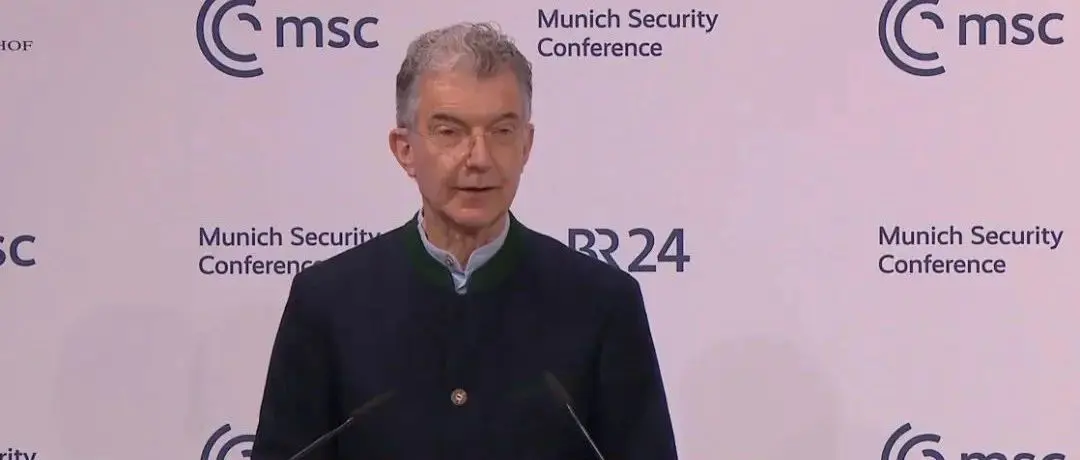"We have to worry about..."

On the local date of [Month Day], the [X]th Munich Security Conference concluded after [number] days of meetings. During the conference, the evident disagreements between the U.S. and Europe on multiple issues drew widespread attention.
The Munich Security Conference concluded amid disagreements between the United States and Europe. In his closing remarks, the conference's chairman, Christoph Heusgen, referenced U.S. Vice President Vance's statements about Europe, saying, "We have to worry that our common value foundation is no longer solid." Heusgen added, "I am very grateful to all European politicians who have stood up to reaffirm the values and principles they defend." Heusgen stated that the message from the conference was clear: "Europe is not optional." In his speech, he emphasized that this increasingly multipolar world requires norms and principles based on the United Nations Charter and the Universal Declaration of Human Rights.
Some participants believe that the uncertainty brought about by the change in the U.S. government is exacerbating the rift in U.S.-Europe relations, deepening the transatlantic divide. The Munich Security Conference, founded in [year], originated from the "International Defense Conference," which focused on transatlantic partnership issues. It has now evolved into one of the important annual forums in the field of international strategy and security.
Vance criticizes Europe on multiple issues, sparking "strong dissatisfaction" among European representatives. On the local day, U.S. Vice President Vance delivered a speech at the Munich Security Conference, stating that the biggest threat Europe currently faces comes from within, claiming that "Europe is gradually moving away from some of its most fundamental values." He criticized Germany's immigration policy and also singled out the European Commission, Sweden, and ally the United Kingdom for criticism. Vance's remarks on multiple issues targeting Europe provoked "strong dissatisfaction" from European delegates.
Several European media outlets pointed out that Vance's remarks indicate that the current differences between the U.S. and Europe can no longer be concealed, and Europe needs to take control of its own destiny. Multiple European media analyses noted that the tone of Vance's speech starkly contrasts with the previous alignment of U.S. and European positions on major policies, reflecting the current tensions in transatlantic relations. At present, the U.S. and Europe have significant differences over issues such as the Ukraine crisis, trade policies, and NATO defense spending.
Currently, the Trump administration in the United States may adopt stricter trade measures against Europe, including imposing additional tariffs and demanding that Europe bear more defense costs, all of which will impact U.S.-Europe relations. Analysts believe that Vance's remarks once again indicate that U.S.-Europe relations are entering a new phase filled with uncertainty.

